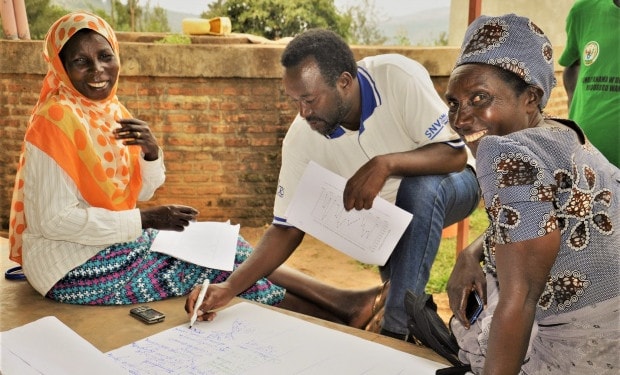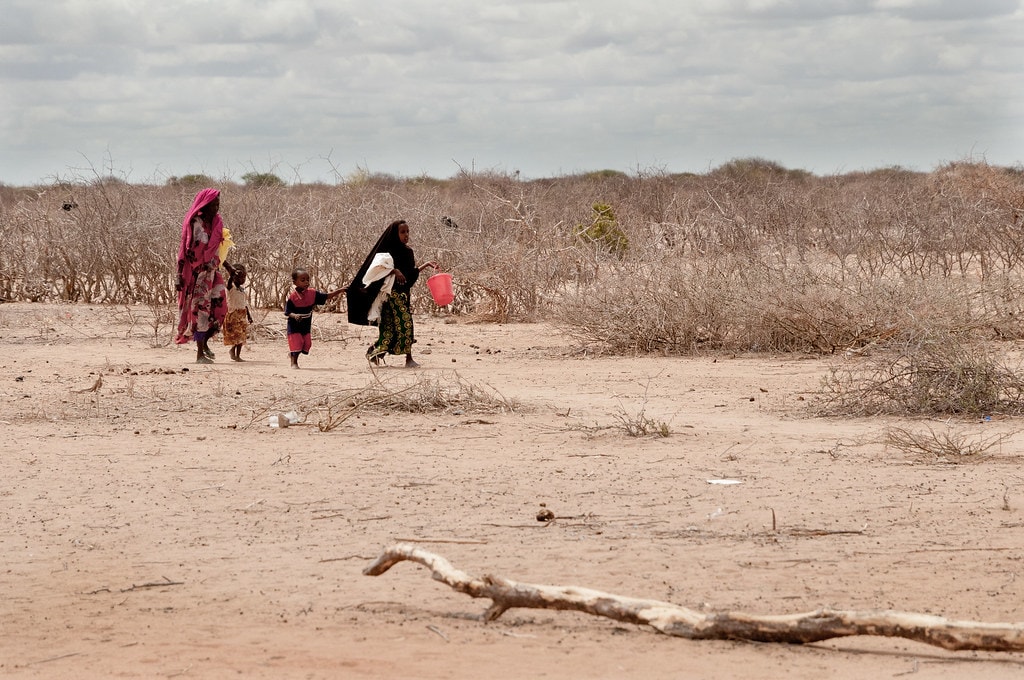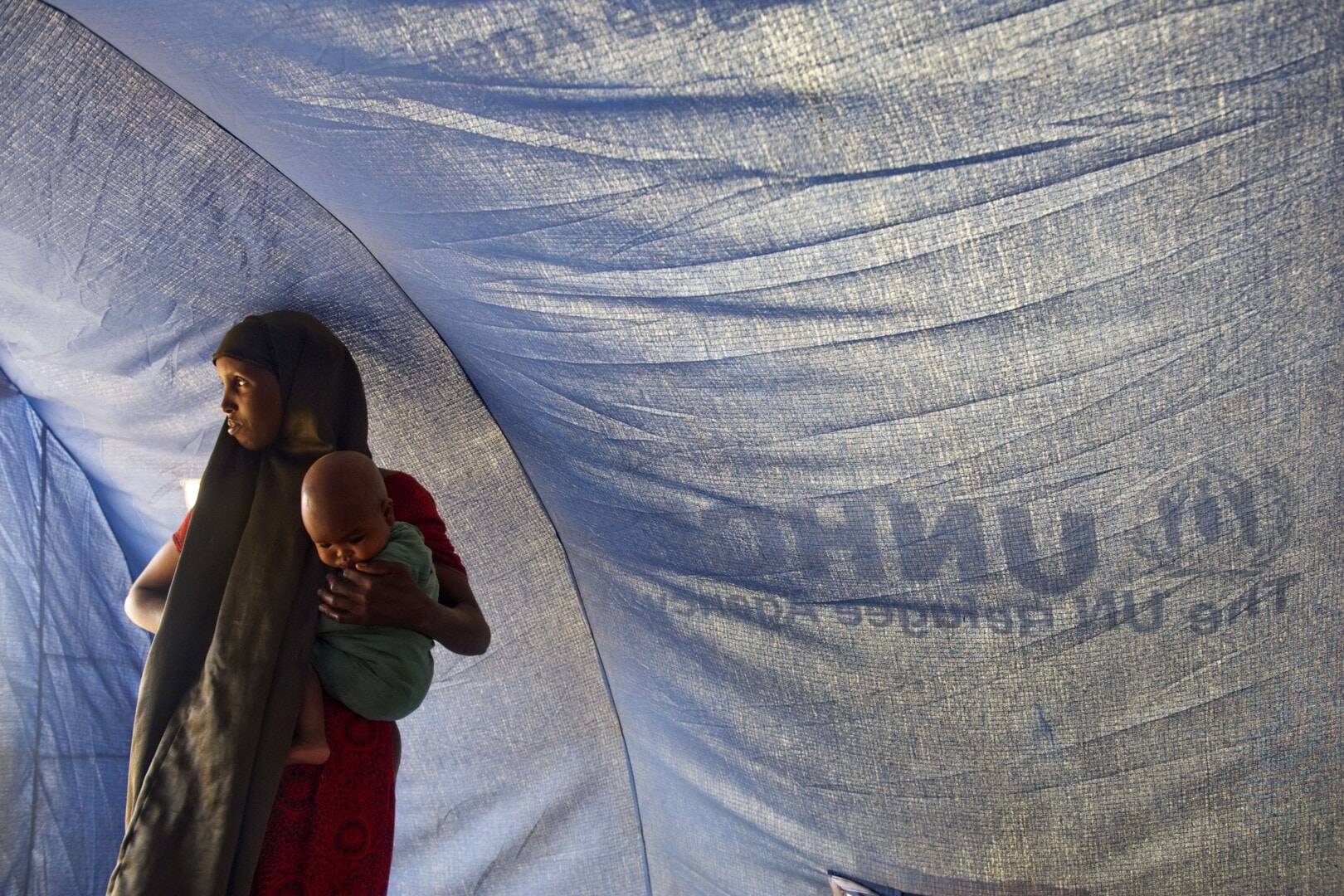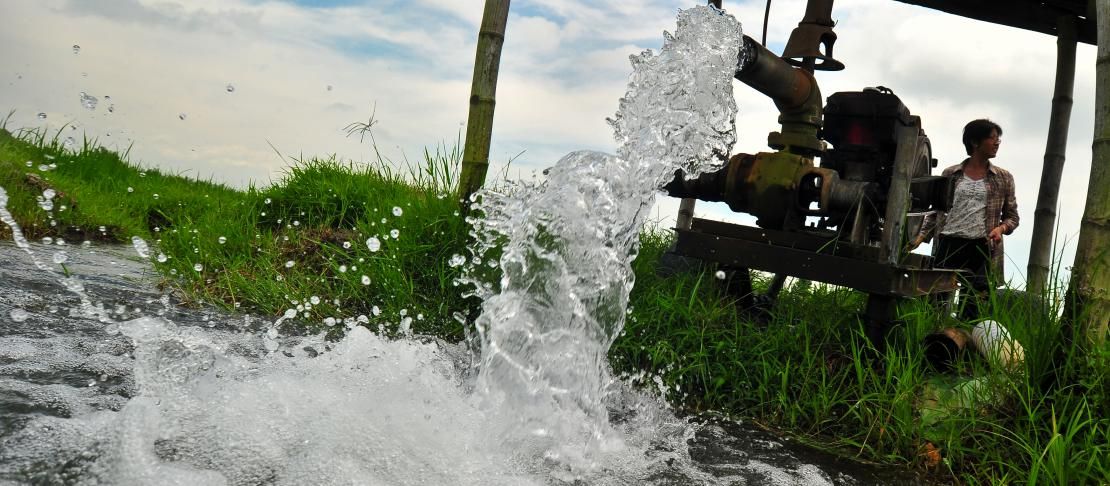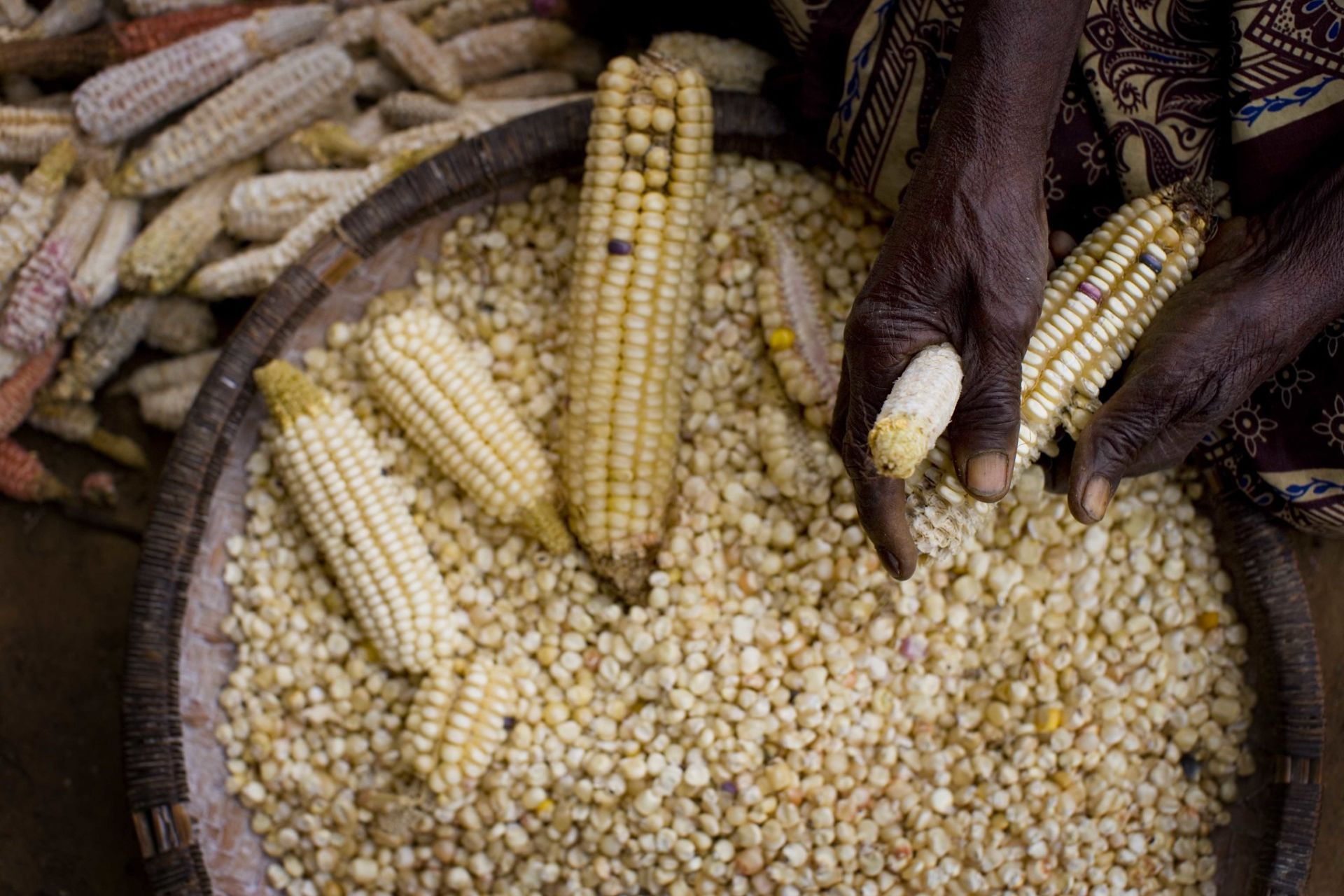The inclusion of climate resilience into Farmer Field School methodologies is a novel and highly promising approach in East Africa. Here is why.
Farmer Field Schools (FFS) were introduced in East Africa in the late nineties as an alternative to top-down extension methods. At the time, climate change and variability were not key elements of the approach. The CGIAR Research Program on Climate Change, Agriculture and Food Security (CCAFS) in East Africa is working with partners to integrate climate resilience into the region’s Farmer Field School (FFS) methodology, to promote climate-resilient agricultural practices in selected value chains.
Related topics: What is Climate Resilience? – Reviewing the Climate-Smart Cocoa practices – Coffee Farmers Need Bold Allies
This is undertaken within the five-year Climate Resilient Agribusiness for Tomorrow (CRAFT) project funded by the Ministry of Foreign Affairs in the Netherlands, and implemented by the Netherlands Development Organisation (SNV) in partnership with CCAFS, Wageningen University and Research (WUR), Agriterra and Rabo Partnerships. The consortium offers a strong platform to not only manage and coordinate a robust climate-smart agriculture (CSA) project but also provide targeted technical assistance, business facilitation, as well as research and knowledge management support.
Farmer Field School 101
The FFS is a group-based learning process that brings together concepts and methods from agroecology, agroclimatology, and experiential learning through regular field observations and group analysis. The synergy of climate resilience and FFS methodologies, known as CR-FFS, is a novel approach. Given this, building the capacity of key resource people on the integration of these two concepts has been critical. Key stakeholders have included farmers, small and medium-sized enterprises (SME) employees, and public extension agents.
Throughout the training, CCAFS and SNV facilitated courses on the nexus of FFS and climate resilience in Uganda, Kenya, and Tanzania. The sessions included Training of Trainers (ToT) and more advanced Master Trainers (MToT) events. The capacity building process involved partner cooperatives, SMEs, farmer representatives, and local government agricultural extension workers.
The training events were instrumental in empowering participants with knowledge and skills in the CR-FFS methodology, with the following objectives:
- Equipping trainees with knowledge about climate change, climate variability and climate-related risks affecting agriculture
- Providing participants with the right tools for facilitating CR-FFS learning
- Transferring skills to identify relevant stakeholders in CR-FFS
- Preparing participants on how to plan improved CR-FFS implementation
- Preparing a climate-resilient crop production curriculum for selected crops
- Sharing knowledge, skills, and experience in different farming systems to improve production
The training process followed a mixed approach of brainstorming, presentations on key scientific concepts and theories, group work to expose participants to Participatory Rural Appraisal (PRA) tools commonly used in FFS, plenary sessions to stimulate debate, and field visits for on the ground experience.
Making an impact on critical value chains
Throughout the course of the training, a total of 339 participants (24% female) from six cooperatives and SMEs focused on sesame and soybean value chains were trained in Uganda. In Kenya, 99 participants (28% female) were trained from 15 cooperatives and SMEs on the green gram and potato value chains. In Tanzania, 210 participants (51% female) from six cooperatives and SMEs on sunflower and common bean value chains.
The participants sharpened their decision-making skills when faced with production constraints, including the use of climate information and appropriate climate-smart technologies and practices in different agroecological zones. Lessons from the training reflect a strong need to work more closely with meteorological agencies to ensure that farmers are guided to collect agrometeorological data that they can interpret easily and utilize for their agricultural production purposes.
About the author: Joab Osumba is a Research Officer for CCAFS East Africa. John Recha is a Climate-Smart Agriculture Policy Scientist and the CRAFT Coordinator for CCAFS East Africa.
EDITOR’S NOTE: The opinions expressed here by Impakter.com columnists are their own, not those of Impakter.com. Photo Credit: S. Samuel (CCAFS)


